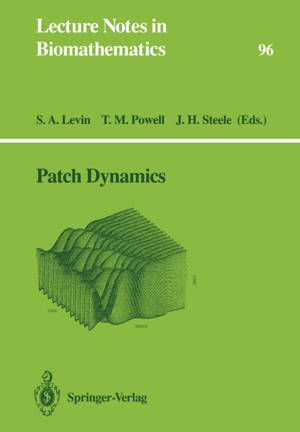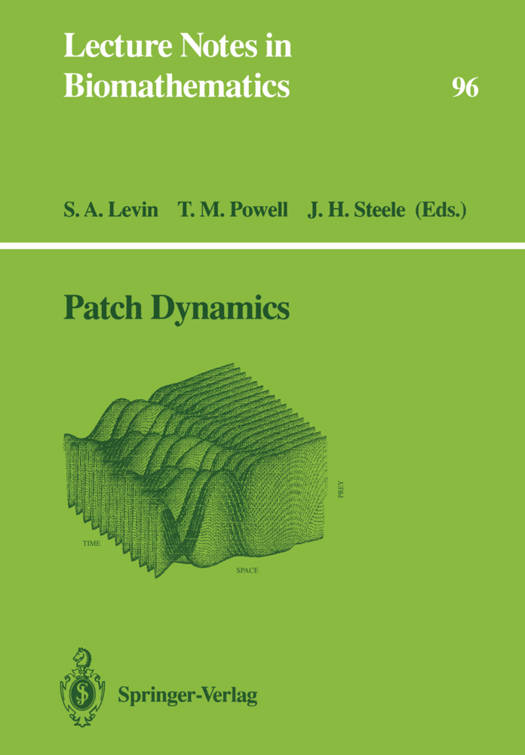
- Retrait gratuit dans votre magasin Club
- 7.000.000 titres dans notre catalogue
- Payer en toute sécurité
- Toujours un magasin près de chez vous
- Retrait gratuit dans votre magasin Club
- 7.000.0000 titres dans notre catalogue
- Payer en toute sécurité
- Toujours un magasin près de chez vous
Patch Dynamics
52,95 €
+ 105 points
Description
From the preface by Joel E. Cohen: "A century from now humanity will live in a managed - or mismanaged - global garden. We are debating the need to preserve tropical forests. Farming of the sea is providing an increasing part of our fish supply. We are beginning to control atmospheric emissions. In 100 years, we shall use novel farming practices and genetic engineering of bacteria to manipulate the methane production of rice fields. The continental shelf will be providing food, energy, possibly even living space. To make such intensive management possible will require massive improvements in data collection and analysis, and especially in our concepts. A century hence we will live on a wired earth: the oceans and the crust of the earth will receive the same comprehensive monitoring now devoted to weather. As the peoples of currently developing countries increase their levels of wealth, the need for global management will become irresistible as impatience with the accidents of nature and intolerance of mismanagement of the environment - especially of living resources - grow. Our control of physical perturbations and chemical inputs to the environment will be judged by the consequences to living organisms and biological communities. How can we obtain the factual and theoretical foundation needed to move from our present, fragmented knowledge and limited abilities to a managed, global garden?" This problem was addressed in the lectures and workshops of a summer school on patch dynamics at Cornell University. The school emphasized the analysis and interpretation of spatial patterns in terrestrial and marine environments. This book contains the course material of this school, combining general reviews with specific applications.
Spécifications
Parties prenantes
- Editeur:
Contenu
- Nombre de pages :
- 324
- Langue:
- Anglais
- Collection :
- Tome:
- n° 96
Caractéristiques
- EAN:
- 9783540565253
- Date de parution :
- 12-05-93
- Format:
- Livre broché
- Format numérique:
- Trade paperback (VS)
- Dimensions :
- 170 mm x 244 mm
- Poids :
- 521 g

Les avis
Nous publions uniquement les avis qui respectent les conditions requises. Consultez nos conditions pour les avis.





